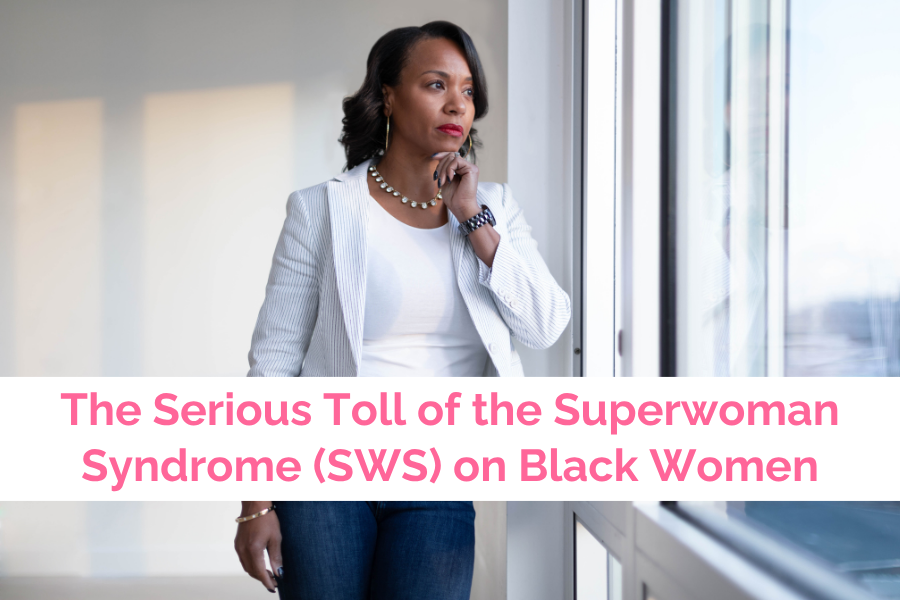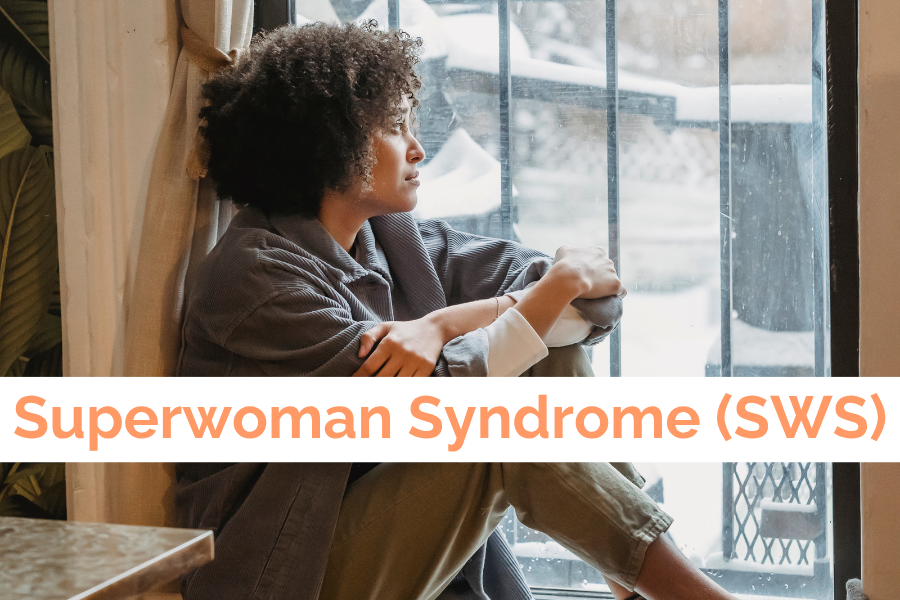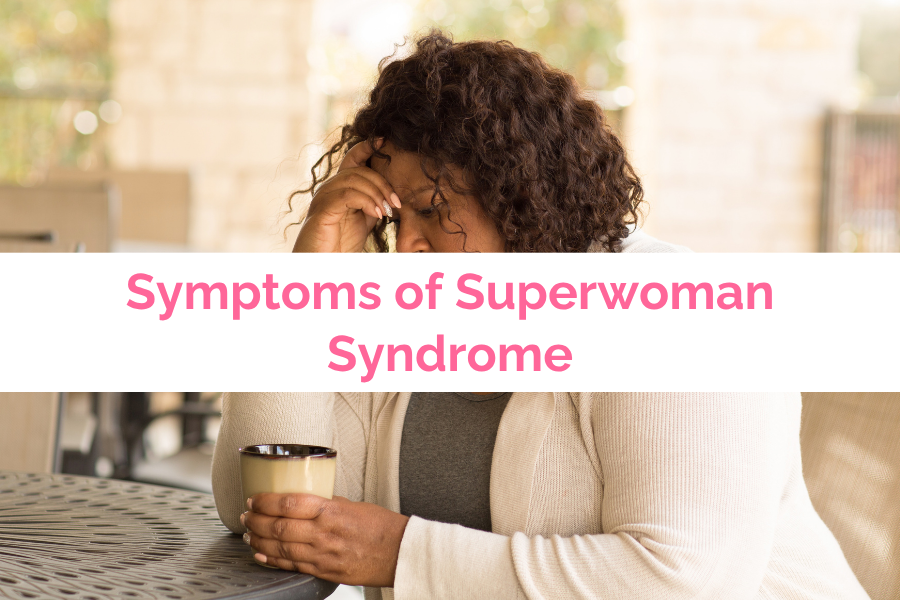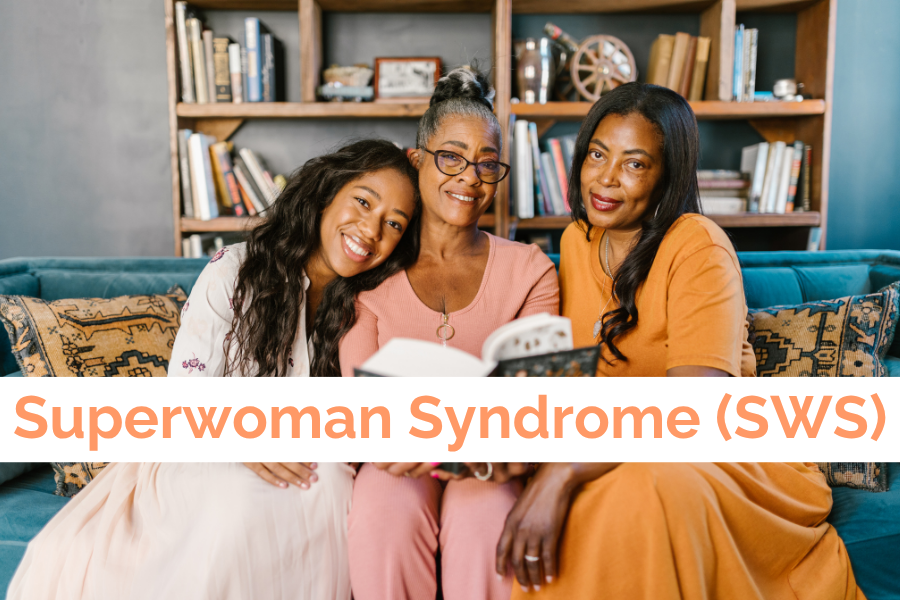Have you ever felt the pressure to be everything to everyone? To show up flawlessly at work, be the rock in your relationships, care for your family, and keep pushing even when you’re running on empty?
For many, especially Black women, that pressure isn’t just an occasional weight, it’s constant. It’s not always spoken out loud, but it’s there. In the way we were raised. In the expectations we silently carry. In the belief that strength is our birthright and weakness, a luxury we can’t afford.
That belief, though, comes at a high cost. And recently, the world was reminded just how steep that cost can be.

In April 2025, beloved chef and entrepreneur Quita Cole sadly passed away at just 40 years old, reportedly from sheer exhaustion. In the weeks leading up to her death, she had shared online how overwhelmed she felt, working seven days a week, constantly pushing through the fatigue. Her words resonated deeply with so many Black women who saw themselves in her nonstop hustle.
Quita’s passing wasn’t just heartbreaking, it was a wake-up call. A reminder that rest isn’t a reward we earn after we’ve done it all.
Rest is a necessity. A right.
A form of resistance in a world that keeps asking us to give more, do more, and be more.
But here’s the thing, Quita’s story isn’t an isolated one. It’s the reflection of a deeper, generational issue that too many Black women live out silently. Her death struck a nerve because it pulled back the curtain on a painful truth: there’s a toll to constantly holding it all together. And it’s one we can no longer afford to ignore.
If we’re going to break this cycle for ourselves, our sisters, our daughters, we need to name the weight and understand what we’re up against.
So, what exactly is Superwoman Syndrome?

What is Superwoman Syndrome?
Superwoman Syndrome, also called the Superwoman Schema (SWS), is a psychological pattern where women, especially Black women, feel the constant need to appear strong, suppress vulnerability, and prioritize caregiving over their own well-being.
According to the National Institutes of Health, Black women are disproportionately affected. SWS leads to deep emotional disconnection, burnout, and physical health issues. And yet, Black women are far less likely to seek mental health support due to stigma, cultural expectations, and a deep-rooted mistrust of the healthcare system. (Source)
Dr. Zoeann Finzi-Adams of Howard University captures it powerfully:
“Everything that comes my way, I should be able to handle it… And that’s exhausting.”
SWS Isn’t Just About Ambition – It’s About the Burden of Perfection
Superwoman Syndrome isn’t born from a desire to succeed, it’s fueled by the belief that our value is tied to how much we can endure. That showing emotion is a weakness. That asking for help is a failure. That being tired means we’re not trying hard enough.
And when you carry those beliefs day in and day out, they begin to erode your health — mentally, physically, and spiritually.

Cultural Roots: A History of Exhaustion
Historian Natasha Zaretsky, in her powerful article “African American Women and the War on Fatigue,” sheds light on how Black women were excluded from mainstream wellness conversations, particularly during the 1980s when white working mothers were encouraged to prioritize “me time” and self-care. Meanwhile, Black women were expected to keep pushing, no matter what. (Source)
This erasure isn’t new, it’s rooted in slavery-era stereotypes that cast Black women as either tireless laborers or inherently lazy. These myths evolved into damaging tropes like the “welfare queen” during the Reagan era and continue today as unrealistic, unspoken expectations.
Systemic burdens like the racial wealth gap, inadequate healthcare access, and over-policing add even more weight. And still, Black women’s fatigue is often dismissed or unseen. As Zaretsky writes, Black women became “female Atlases,” holding up the world with no acknowledgment of the toll.
Symptoms of Superwoman Syndrome
You might be experiencing Superwoman Syndrome if:
- You feel guilty taking time for yourself.
- You can’t say no, even when you’re overwhelmed.
- You suppress your emotions to stay “strong.”
- You feel the need to do everything perfectly.
- You’re constantly exhausted but don’t feel permitted to rest.
- Your body is showing signs: headaches, insomnia, fatigue.

The Toll on Mental and Physical Health
SWS isn’t just about feeling tired. It’s a health crisis.
Physical Health:
- Cardiovascular Disease: The leading cause of death for Black women. Chronic stress, elevated cortisol, and inflammation are major risk factors.
- Unhealthy Habits: Skipping meals, lack of sleep, and no time to move your body, because you’re always caring for others.
- Racial Discrimination: Adds an additional layer of chronic stress that damages the body.
Mental Health:
- Depression & Anxiety: Often goes unrecognized because the symptoms—irritability, fatigue, self-blame—don’t match the stereotypical image of depression.
- Underutilization of Support: Many Black women don’t seek therapy due to stigma, mistrust of the healthcare system, or cultural beliefs that strength means silence.
As Michelle Williams (former Destiny’s Child singer) once shared:
“There is strength in vulnerability. I can’t tell you how strong you are when you say, ‘I need help.’”
Real-Life Stories: The Cost of Strength
The story of Glenda Boone and her daughter Lauren featured on Good Morning America shows how SWS damages even our closest relationships. Glenda, a mother, always provided for her family, but emotionally, she was absent. She believed that showing feelings was a weakness.
Only through therapy did she begin to unmask herself. Lauren described the transformation beautifully:
“The little girl in me was getting what she always wanted from her mom.”
These stories are examples of what’s possible when we prioritize healing.
How to Break Free from Superwoman Syndrome
This is your call to action, not to do more, but to be more gentle with yourself. To lay down the cape and choose wholeness over hustle.
Here are 7 powerful ways to begin:
- Acknowledge the Syndrome – Recognize that what you’re experiencing isn’t weakness, it’s a learned survival pattern.
- Set Realistic Expectations – You don’t have to do it all. Choose what’s essential and release the rest.
- Prioritize Self-Care – Rest, move your body, nourish yourself. Make joy a ritual, not a reward.
- Seek Therapy or Support – Therapy isn’t a last resort; it’s a lifeline. Find a therapist who understands the cultural context.
- Build a Support Network – Surround yourself with women who affirm your softness, not just your strength.
- Practice Saying No – Boundaries are sacred. You don’t have to explain your “no.”
- Challenge the Inner Critic – Perfection is a myth. Let “good enough” be enough.
Hey… You Deserve to Rest!
You don’t need to prove your strength by sacrificing your health, your joy, or your peace. You don’t need to earn rest—it’s your right.
Let’s not wait for another tragedy to remind us of the human cost of ignoring exhaustion.
Whether you’re a Black mother, daughter, entrepreneur, healer, or all of the above, you are allowed to be whole, not just strong. 🌿
And if you’re ready to start… here’s a powerful companion to have by your side:
📚 Emotional Self-Care for Black Women by Alicia Magoro is a must-read for navigating chaos, stress, and burnout. With 4.8 stars on Amazon and 4.9 on Goodreads, this book offers grounded, practical tools to help raise your self-esteem, process deep emotions, and reclaim your peace—even when life feels like too much. Written by a Black woman for Black women, it meets you exactly where you are!

This post is all about Superwoman Syndrome—and why it’s time we lay the cape down, together.
+ show Comments
- Hide Comments
add a comment